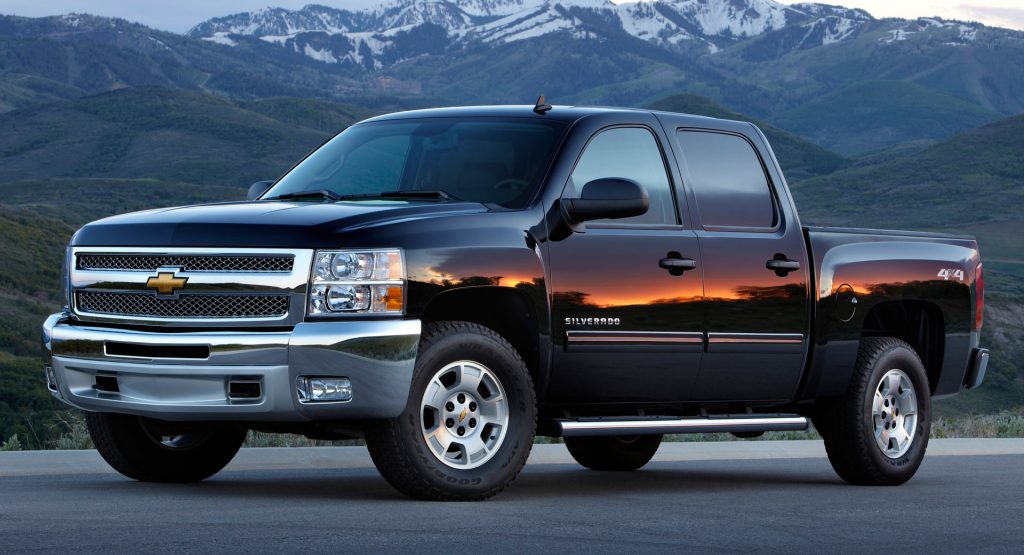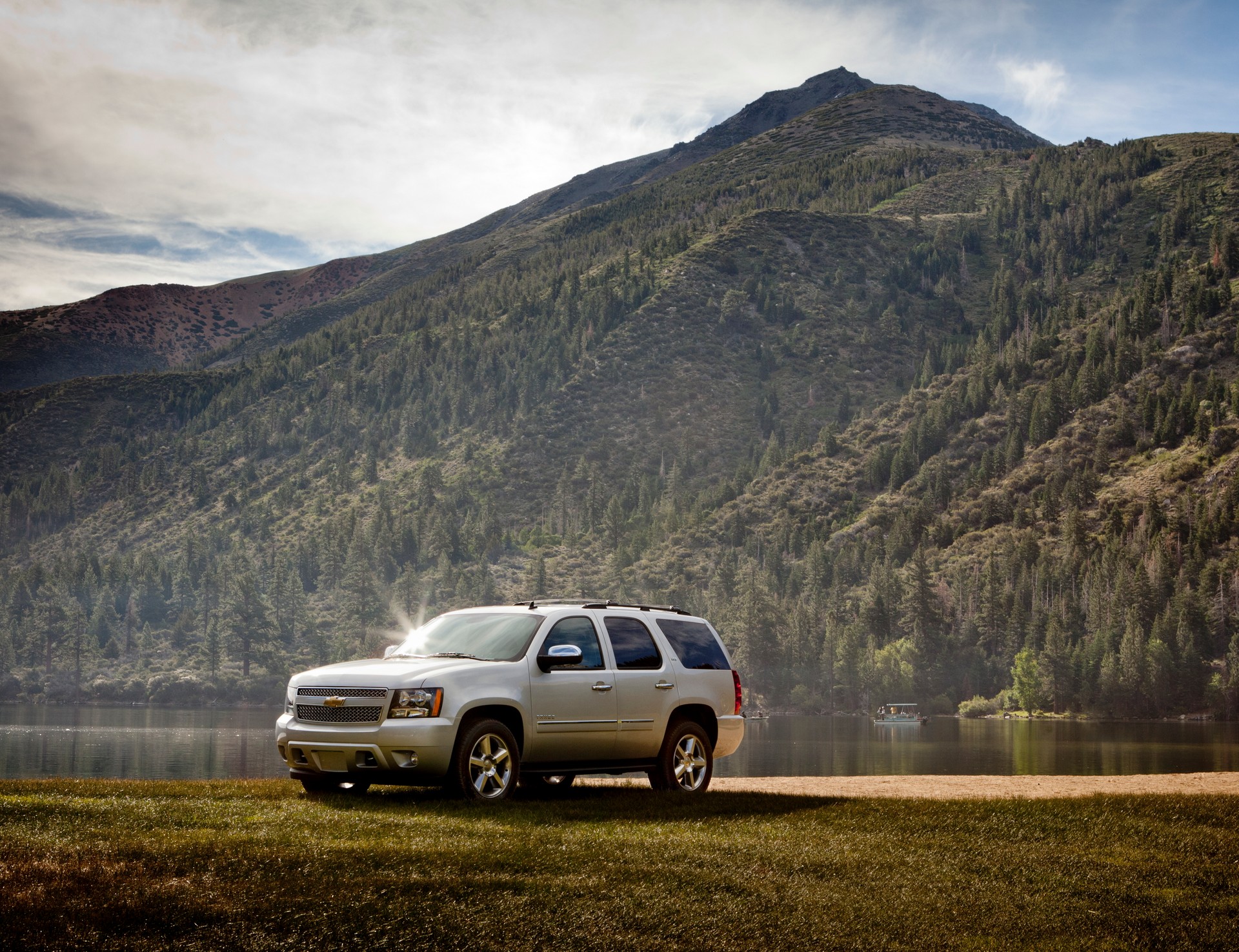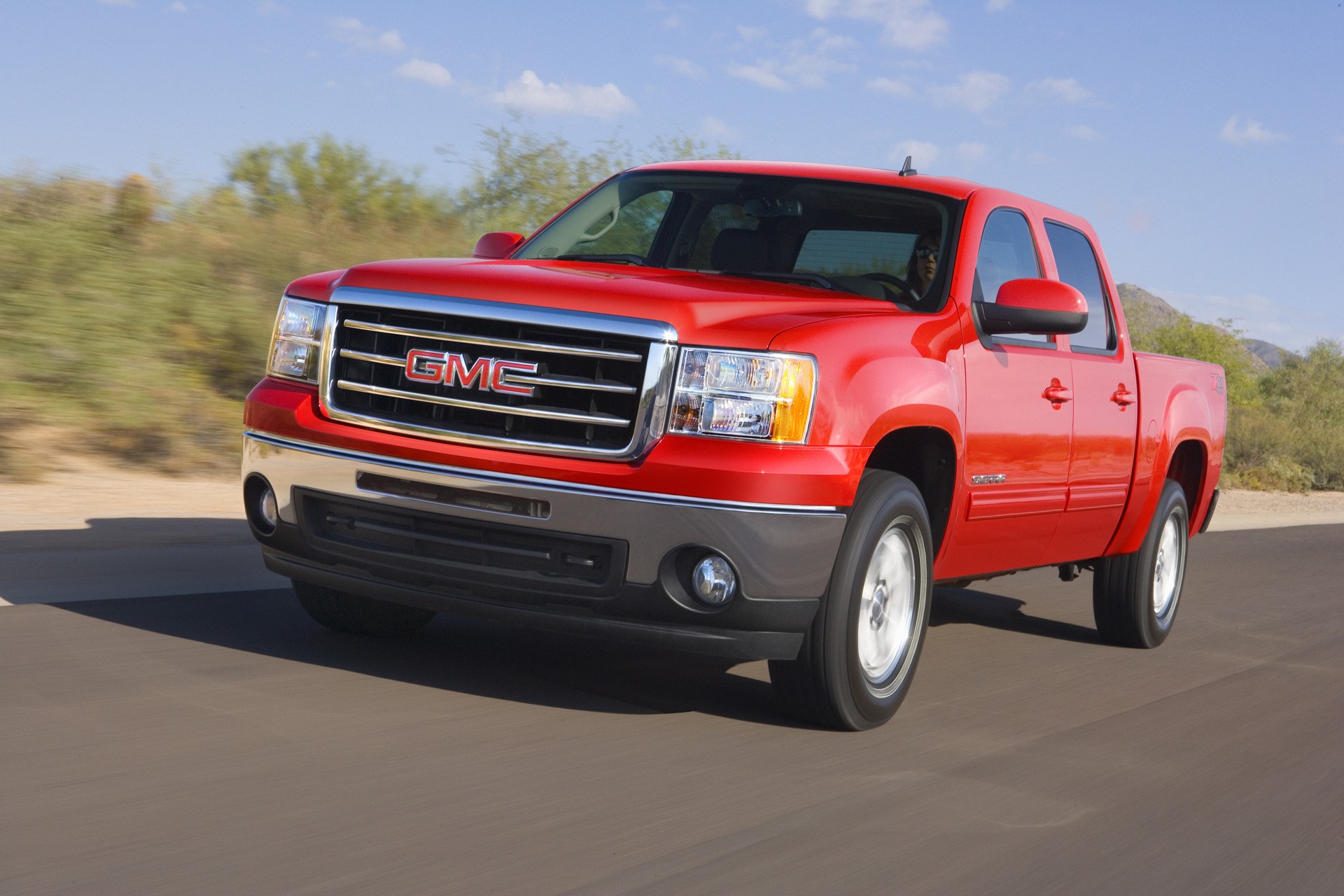The Takata air bag recall continues as the National Highway Traffic Safety Administration (NHTSA) has pushed General Motors to recall nearly six million trucks and SUVs from the 2007-2014 model years.
While issues with Takata air bag inflators are widely known, GM filed petitions to avoid recalling the vehicles as they believed the action wasn’t “warranted based on the factual and scientific record.”
The NHTSA disagreed as they concluded the “GM inflators in question are at risk of the same type of explosion after long-term exposure to high heat and humidity as other recalled Takata inflators.”
Also Read: Honda Confirms 17th Takata Airbag-Related Death In The U.S.
GM protested this citing “data generated through independent scientific evaluation conducted over several years.” Nonetheless, the company will abide by the NHTSA’s decision and said “The safety and trust of those who drive our vehicles is at the forefront of everything we do at General Motors.”
This is a major setback for the automaker as Reuters noted the company had estimated the recall would cost them $1.2 billion (£903 million / €1 billion). This, combined with petitions to avoid the recall, had lead some to accuse the company of putting profits ahead of safety.
However, NBC News noted GM tapped Northrop Grumman to test “4,270 inflators by artificially exposing them to added humidity and temperature cycling, and there were no explosions or abnormal deployments.” The company contended that since there weren’t any issues in the “worse-than-worst-case” tests, then there shouldn’t be any problem in real world conditions.
However, the NHTSA is playing it safe as Takata air bag inflators have been blamed for 27 deaths including 18 in the United States. GM now has 30 days to submit a proposed schedule to the NHTSA for notifying owners and starting the recall.










